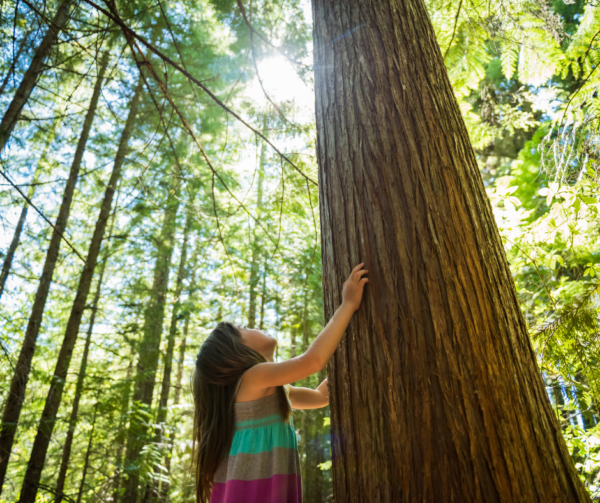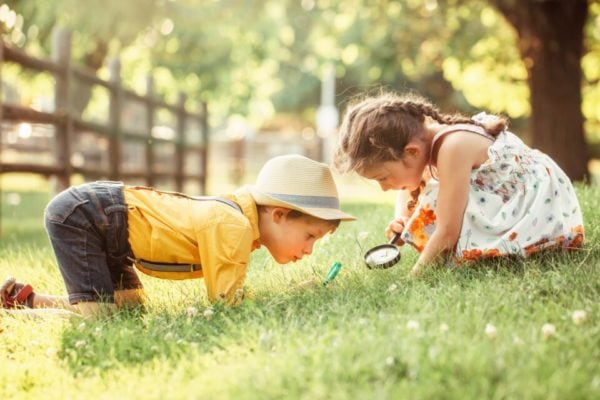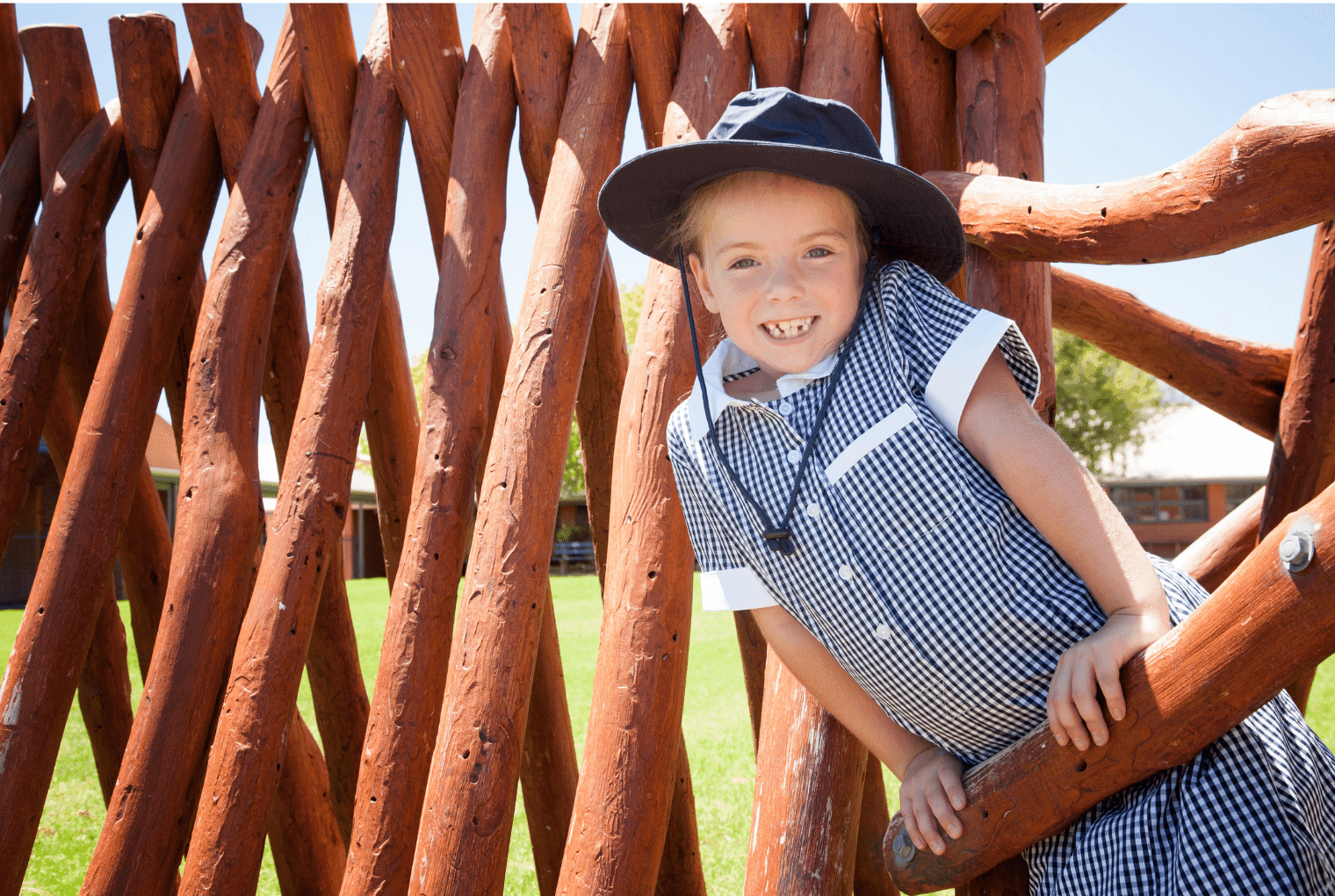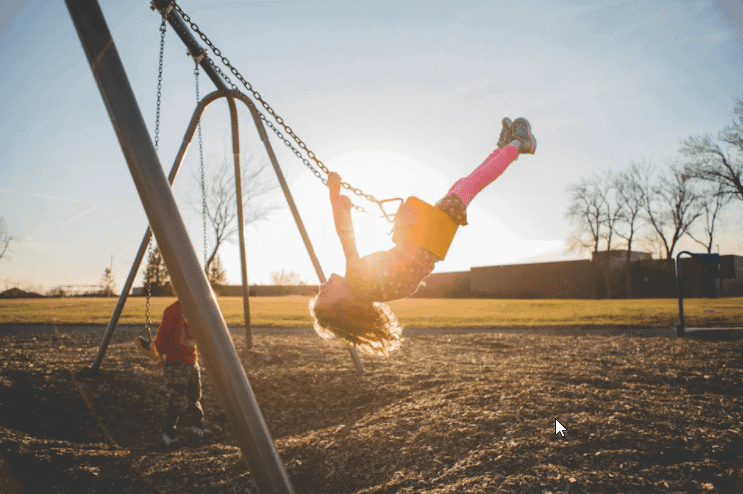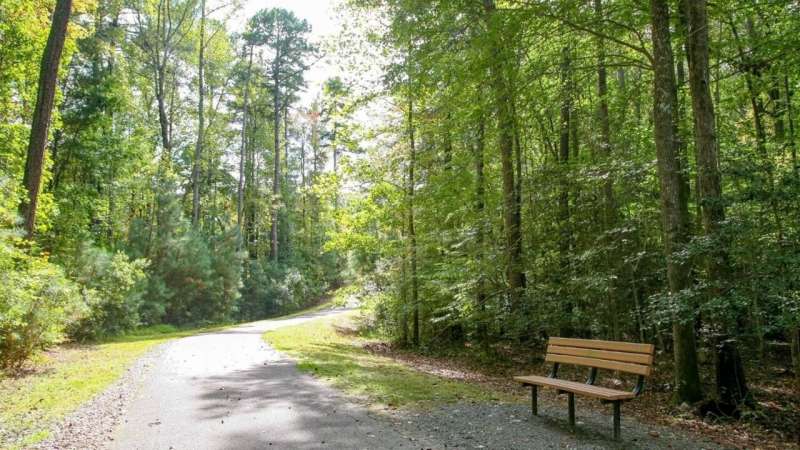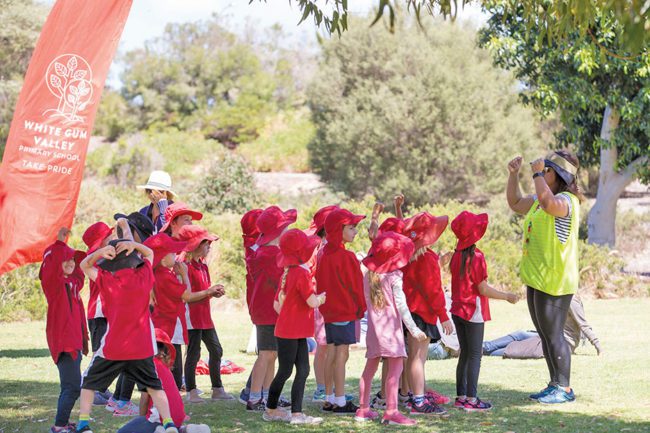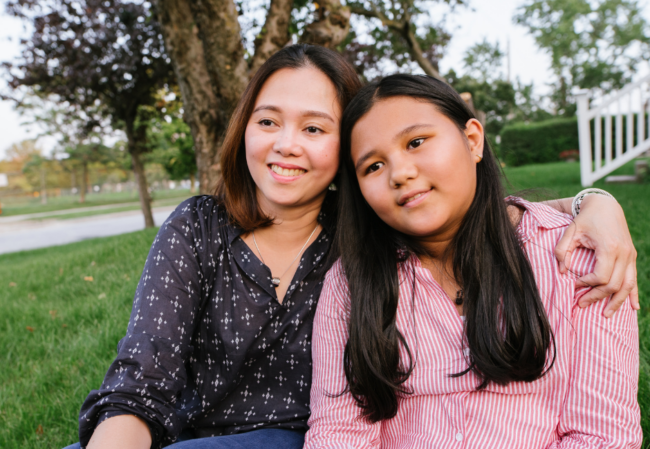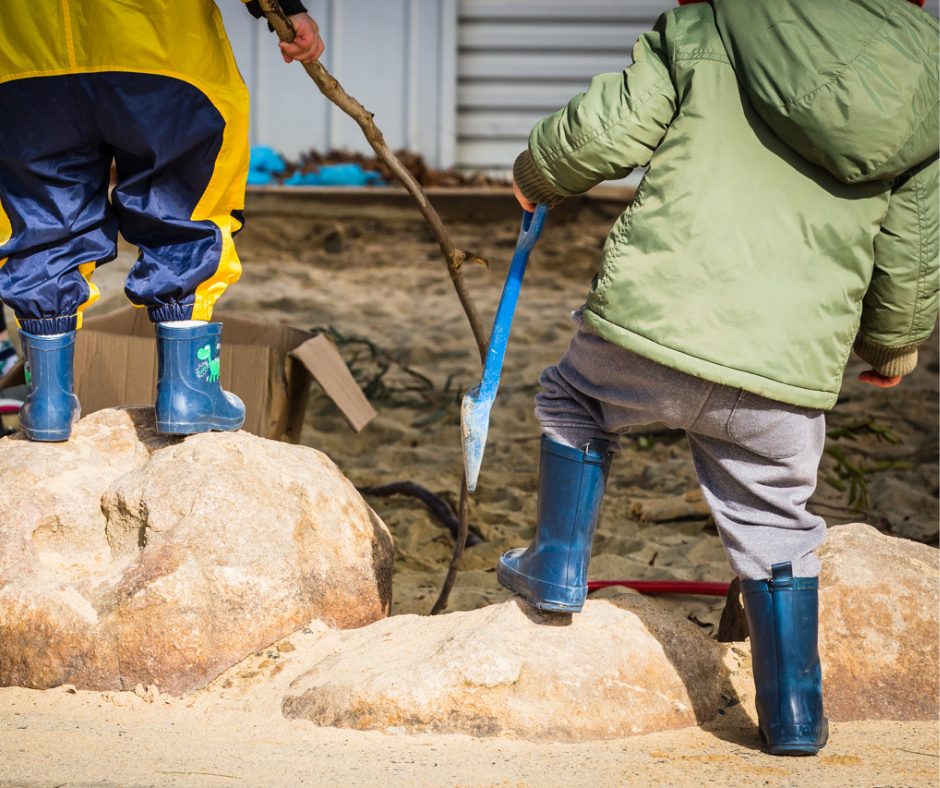Biophilic Design Patterns for Primary Schools
Abstract Existing frameworks for biophilic design have similar strategies and attributes as useful checklists for designers; however, the focus has been on adults rather than children, and there remains the need for more guidance related to school design by extension. The application of biophilia would be a design resolution in schools because of its impact […]
Biophilic Design Patterns for Primary Schools Read More »


